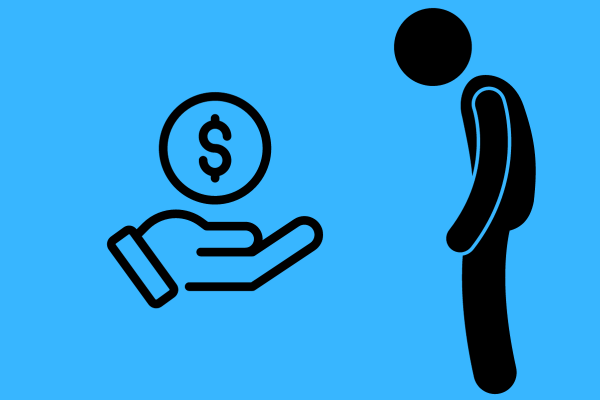
The Florida Real Estate Recovery Fund is a state government fund held for the purpose of reimbursing individuals and businesses who win civil monetary judgments against real estate brokers and sales associates that can’t be fully covered by the real estate professional’s personal assets.
The Real Estate Recovery Fund is a separate account in the Professional Regulation Trust Fund, and it only pays out AFTER damages are first paid from the broker’s or sales associate’s personal assets. However, the Fund’s payouts are limited to $50,000 for each judgment or $150,000 for multiple judgments, so there may still be a gap between (1) the total court-awarded monetary damages and (2) the combined payout from the Fund and the real estate professional against whom the judgment was awarded.
The fund is only available to compensate parties with judgments for monetary damages levied against licensed real estate professionals who were acting in their professional capacity in the transaction subject to the judgment. That means, for example, if Bob wins civil monetary damages from Joe for his fraudulent conduct as a seller in a real estate transaction, then even if Joe is a licensed real estate professional, Bob can’t claim money from the Real Estate Recovery Fund because the damages are related to Joe’s actions as the seller of real estate, not any role that Joe played as a licensed real estate professional.
Which transactions are covered by the fund?
The fund can only cover damages for transactions that:
- Involve Florida real estate,
- Involve a violation of some part of F.S. chapter 475,
- Involve an accused real estate professional who held a current, valid, active real estate license at the time the alleged violation occurred (e.g. no fund payouts for damages against unlicensed people offering real estate services),
- Involve a real estate licensee who is accused of violations while acting in their professional capacity in the transaction (e.g. no fund payouts for a licensee for improper conduct while acting in the role of seller or buyer rather than in the role of sales associate or broker),
- Involve an accused licensee who, if the alleged violation was proscribed in 475.25 or 475.42, acted SOLELY in their capacity as licensee in the transaction, and
- Do NOT involve an accused licensee who also owned or controlled property involved in the transaction (e.g. the licensee was the seller, buyer, landlord, or tenant in the transaction, or an officer, director, or member of a company which was the seller, buyer, landlord, or tenant in the transaction).
The Real Estate Recovery Fund may also reimburse a broker who followed a FREC order for a disbursement of escrow but is later sued by one of the parties. However, we will ignore this case in the rest of this article.
People NOT eligible to make a claim against the fund
- The spouse of the judgment debtor or a personal representative of the spouse,
- A licensee who acted as a single agent or transaction broker in the transaction subject to the claim, or
- Any person whose judgment is against a real estate brokerage corporation, partnership, LLC, or LLP.
Consequences of payouts
When a payment is made by the Real Estate Recovery Fund on behalf of a broker or sales associate, the judgment awardee surrenders any additional claims to the fund, and the license of that real estate professional is automatically suspended until he or she has paid back the money plus interest. This applies even if the licensee files for bankruptcy.
Limitations on fund payouts
The Real Estate Recovery Fund will only payout a maximum of $50,000 per transaction, regardless of the number of claimants or parcels of real estate involved in the transaction, and a maximum of $150,000 for multiple judgments against any one broker or sales associate. However, such payouts can only go towards the unsatisfied portion of a person’s judgment which is actual or compensatory damages. Except in the case of brokers being reimbursed for legal expenses when sued for paying out escrow funds under a FREC order, treble damages, court costs, attorney’s fees, and interest are not recoverable from the fund.
How is the Real Estate Recovery Fund funded?
Licensees pay fees into the fund each time they obtain or renew a license. The fee is $3.50 per year for brokers and $1.50 per year for sales associates. The fund also collects interest any time a real estate professional pays back the fund, and the fund is invested to earn investment income.
Once the fund balance reaches $1 million, the fees are no longer collected until the fund balance drops below $500,000.